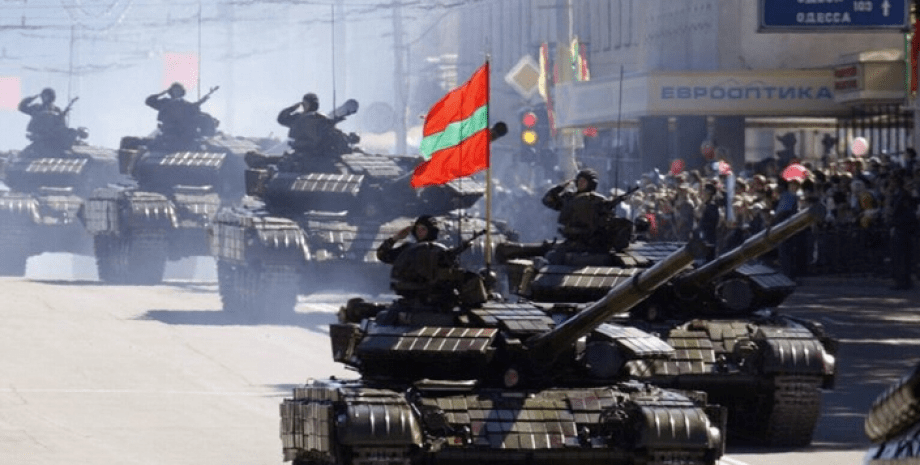
Ukrainian officials stated that Russian UAVs flew into the airspace of Moldova on the night of February 26-27 during a series of Russian blows in Ukraine. However, the Ministry of Defense of Moldova denied that any drones were flying over their territory. At the same time, the ISW notes that Russian forces that continue to be in Transnistria cannot create a serious military threat to Ukraine unless they receive reinforcements.
And its Russia is probably unable to transport to this region quickly and on a serious scale. "Isw does not observe any clear signs of Russian military preparations for interference with Transnistria or Moldova.
In addition, analysts have stated that they are changing their preliminary forecast for the Congress of Transnistria, which is planned for February 28, related to the discussion of Moldova's economic policy, in particular, amendments to the Customs Code of the country that came into force on January 1, 2024.
On February 22, the experts of the Institute of War Study made a warning forecast and evaluated that the officials of Transnistria may call for a referendum on accession to Russia during the corresponding Congress Moldova. Such an analytics forecast was argued by the fact that at the last congress of Transnistria deputies in March 2006, they decided to hold a referendum on the independence of Transnistria and further accession to Russia.
The 2006 Congress also took place a few weeks after Ukraine introduced new customs rules for Transnistria. "Although the referendum received the overwhelming support of the population in 2006, neither Russia nor Transnistria had developed legal mechanisms for annexation at that time," the consolidation added. However, Moldova has now changed its Customs Code to reconcile it with the EU rules: it was one of the conditions that the country had to fulfill on the way to EU membership.
"Earlier, Moldova released Transnistria from the Payment of the Moldova Government for Transnistrian imports from the EU and exports to the EU and instead allowed the Transnistrian Duties to Transnistria.
'Moldova's Government, by increasing taxes for about 2000 Moldovan enterprises in Transnistria, but President of Transnistria Vadim Krasnoselsky stated on February 24 that customs payments to Transnistria's budget have still decreased by 18 percent since the beginning of 2024, " It is in the message. The main players of Transnistria have different economic and political interests.
Critical threats to the US Institute of Entrepreneurship (CTP) have previously assessed that Transnistria is a "mafia state", which is managed by Viktor Gushan, whose company Sheriff Enterprises controls most of Transnistria's economy and receives a considerable part of government spending. Gushan enterprises were significantly focused on the EU after Moldova signed a trade agreement with the EU in 2014, which guaranteed duty -free access to the European Union markets.
"Gushan's enterprises would also benefit from the restoration of good Ukrainian-Prydnistrovsky relations, as Transnistria imported and exported most of its goods through Ukraine until Ukraine has closed these borders in 2022 due to a full-scale invasion Transnistria's accession to Russia for economic reasons, ”experts said, adding that EU officials have already stated that Moldova could join the European Union without Transnistria.
According to ISW, Gushan may prefer Western -oriented Moldova, in which Transnistria uses special tax exceptions than joining Russia or Moldova to the EU without Transnistria. However, Moldova, according to analysts, is unlikely to abolish changes in the Customs Code, given its current obligation to join the EU. Thus, the calculation of Gushan is complex, and its advantages are currently unclear. The ISW promised to provide an update after the Congress of MPs on February 28.
Russia can also try to use the current situation in Transnistria. Gushan is probably competing with the Transnistria Ministry of State Security (MGB), which is reported, is the FSB "department" that receives orders from the Kremlin. "Citizens of both regions of Moldova under the influence of Russia - Transnistria and Gagauzia - have recently protested against the new Customs Code of Moldova. Experts summarized.










All rights reserved IN-Ukraine.info - 2022